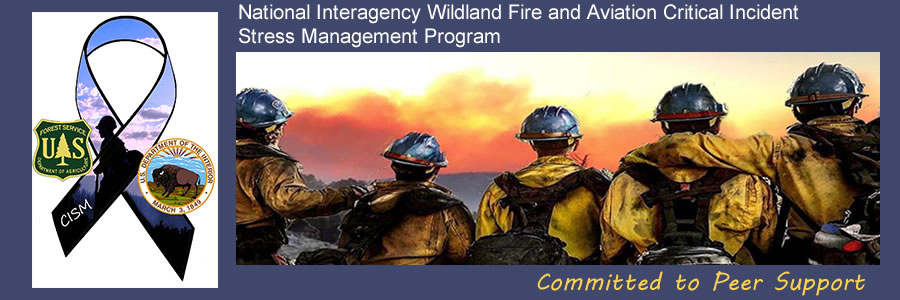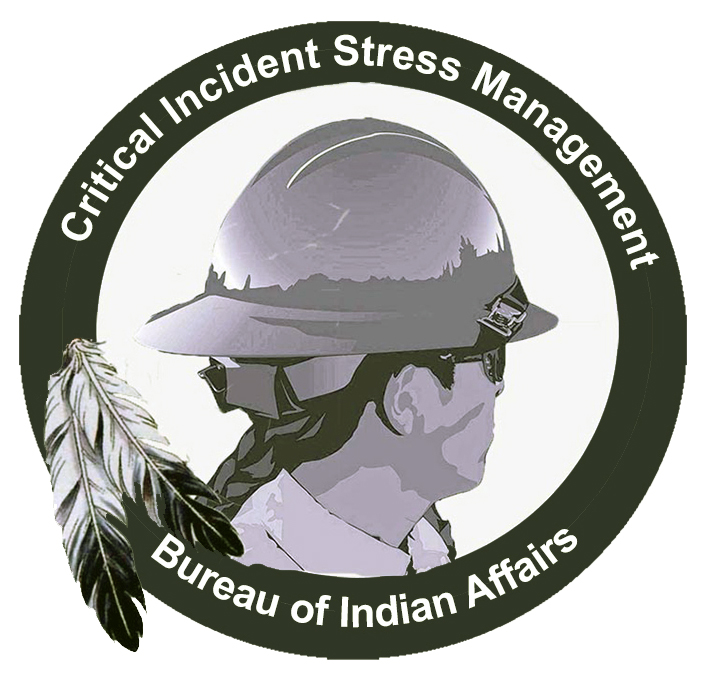Main Print Heading
Print Subheading
Two Quick Steps Before You Take an Assignment
For CISM personnel, it is essential to "first check your mind and heart" to ensure that your exposure to what happened is not personalized.
Step One
Before leaving, stop for a self-inventory. Look at yourself in the mirror. What does your face say about what has just happened? What is that going to communicate to the people you are about to serve.
Step Two
Don't forget to be grateful for CISM. Having been given this gift, we are required to make sure we are doing it with the highest level of integrity, respect, expertise, and care.

Be Mindful of Role Boundaries
Role boundaries define a professional relationship and create clarity, safety, and predictability for the individual and the peer supporter. These boundaries set limits on the interactions between the individual and the peer supporter (who is not a therapist) for a beneficial relationship. Finding the right peer for the right situation is crucial to being successful and not causing harm.
When the peer supporter has a connection to the individuals outside of the peer-to-peer interaction, dual roles can be present. The individuals receiving assistance may not feel comfortable and "safe" and may be concerned that confidentiality is at risk.
For this reason, the CISM Coordinator and CIPS Group Leader need to try and provide peer support only between individuals who do not know each other or are at least familiar with them but not close friends, associates, or colleagues. Finding peers from other areas who have received the same training is often helpful.

Compassion Fatigue and Burnout
Because of the nature of the work that revolves around death, injury, and trauma, CISM personnel and others who assist after a critical incident may be especially vulnerable to adverse effects. These effects may affect CISM Coordinators, CIPS Group Leaders, Peer Supporters, Mental Health Professionals, Serious Accident Investigation Teams, and Facilitated Learning Analysis groups. The long hours and travel times, hearing about tragedy and human suffering, and coordination with multiple entities, many of whom are in crisis, contribute to compassion fatigue and or burnout. Read More
CISM Coordinator Tool-Box
- BIA CISM Program
- Agency Administrator's Briefing
- CISM Desk Reference
- Leadership During Crisis
- Suicide: Prenvention, Intervention, and Postvention
- Mental Health Professional Roles and Expectations
CIPS Groups Leader and Peer Supporters
- Reactions
- Crisis Management Briefing
- CISD Steps (2 sided)
- Reactions After a CISD
- Loss of a Coworker
- CISM Response After Action Review Format
- Post-Incident Report
- Suicide of a Co-Worker
Roles and Responsibilities
- Peer Supporter Roles
- Peer Support Group Leader Roles
- CISM Coordinator Roles
- Agency Administrator Roles
- Mental Health Professional Roles
Taking Care of Yourself
Their work will transform CISM personnel. The way helpers understand and experience the world and themselves is changed as they enter into the world of the trauma survivor. While trauma work can be significant and rewarding, it can also be challenging and painful. The changes helpers experience in their identities, world views, and spirituality affect both the helpers' professional relationships and colleagues' and personal relationships.
Additional Information
International Critical Incident Stress Foundation
National Alliance on Mental Illness
American Telepsychology Association
 » Read More
» Read More
Agency CISM Information
- Bureau of Indian Affairs
- Bureau of Land Management
- U.S. Fish and Wildlife Service
- U.S. Forest Service
- National Park Service
- Southwest Geographic Area
- State Agencies


